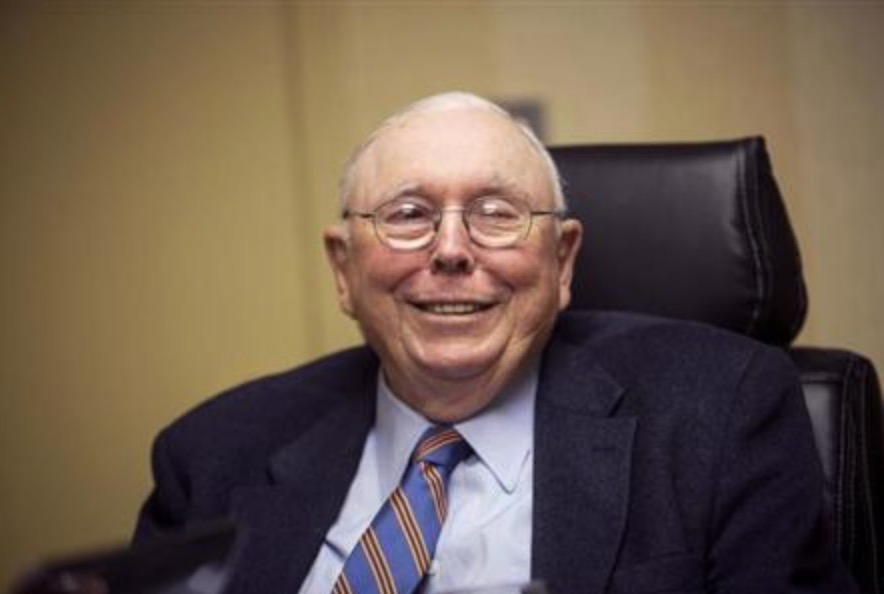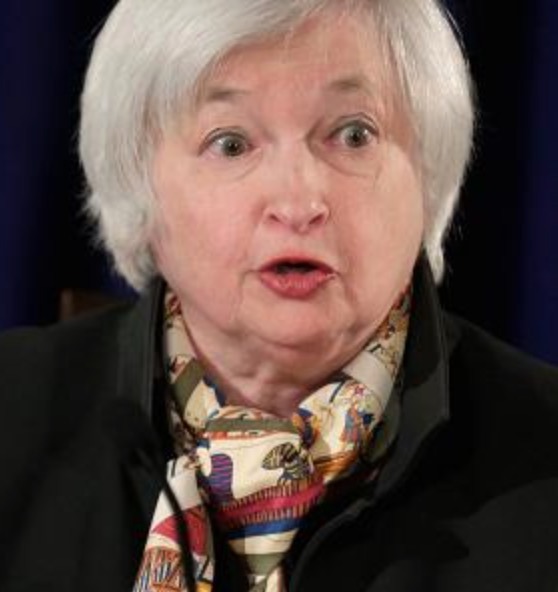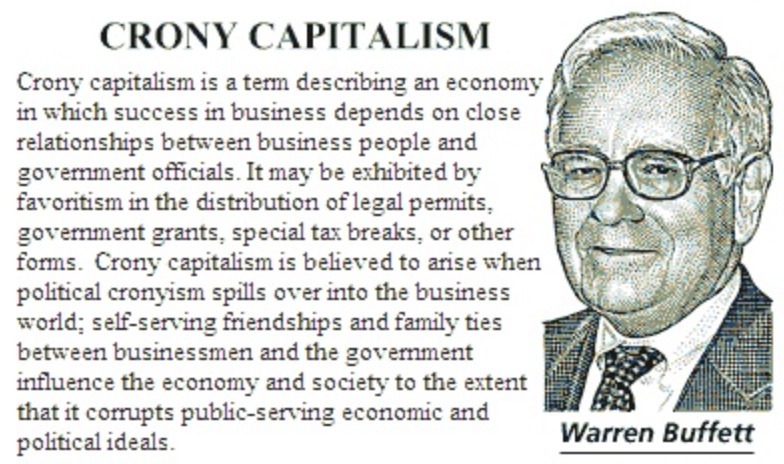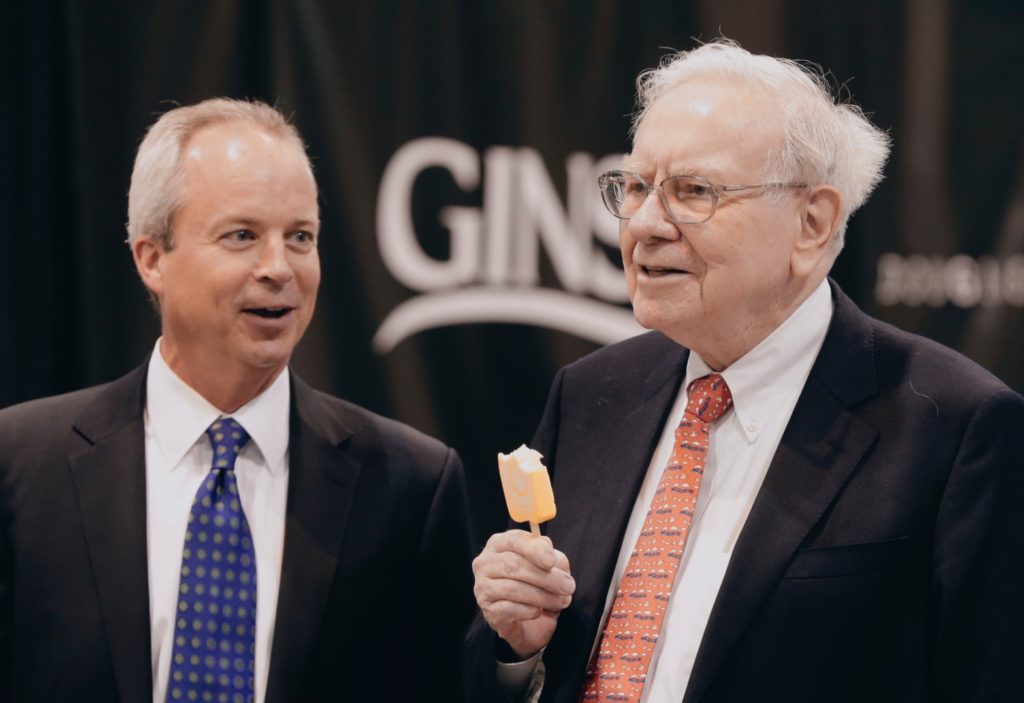- Saudi Arabia, allies launch air strikes in Yemen against Houthi fighters (Reuters)
- Pilot on Crashed Jet Was Locked Out of Cockpit, NY Times Says (BBG)
- Why Bombing This Tiny Oil Producer Is Roiling the Energy Market (BBG)
- U.S.-led coalition, Iraqis pound Islamic State in Tikrit (Reuters)
- Munger Says Prepare for Harder World as Buying Power Slides (BBG),Mocks Greek ‘Idiotic Idea’ You Can Vote Yourself Rich (BBG)
- The Central Banker Who Saved the Russian Economy From the Abyss (BBG)
- Bank of Canada says foreign buyers complicate housing market (Reuters)
- Investors Scoop Up Companies’ Bonds (WSJ)
- Espirito Santo Probe Turns Mariana Mortagua Into Portuguese Star (BBG)
- Draghi in Rome Faces Queries on Home Turf From Divided Crowd (BBG)
- The High Cost of Saving a Failing Business (WSJ)
- Wells Fargo will close its home lending servicing office in Milwaukee and eliminate 1,000 jobs (CBS)
- Putin Plays Wildcard as Ukraine Bond Restructuring Talks Begin (BBG)
- Nutritionists warn diners to be wary of Warren Buffett's 'junk-food' portfolio (Reuters)
- Petrobras Bonds, After Slump, Find Takers (WSJ)
Overnight Media Digest
WSJ
* Oilfield services provider Schlumberger NV has agreed to pay $232.7 million for violating U.S. sanctions in Iran and Sudan, ending a six-year Justice Department investigation. (http://on.wsj.com/1Gq2vRZ)
* Morgan Stanley Chairman and Chief Executive James Gorman plans more changes to his management team in the coming months, in addition to several unveiled earlier this month. (http://on.wsj.com/1HJDCip)
* Royal Bank of Scotland Group PLC sold 135 million shares of Citizens Financial Group Inc in an offering that priced at $23.75 a share late Wednesday, according to people familiar with the deal. (http://on.wsj.com/1D0ly5P)
* Carlsberg, Heineken, InBev, SABMiller and others soon will add nutritional labels to their drinks to aid customers making food and drinks choices by calorie count, a European brewers group said. (http://on.wsj.com/1FJzHoq)
* French investigators probing the cause of Flight 9525's crash said they had a breakthrough with the recovery of an audio file from the Airbus jet's black box. (http://on.wsj.com/1CQE52V) (Compiled by Rishika Sadam in Bengaluru)
NYT
* An unmanned vehicle, which has about the wingspan of a Boeing 767 but weighs less than a small car, is the centerpiece of social-networking company Facebook Inc's plans to connect with the five billion or so people it has yet to reach.(http://nyti.ms/1Ni7cx7)
* Almost a year after agreeing to pay $3 billion for Beats, a maker of hip headphones and a streaming music service, Apple Inc is working with Beats engineers and executives to introduce its own subscription streaming service to compete directly with streaming upstarts like Spotify. (http://nyti.ms/1Ni8Zm5)
* Brazilian private investment firm 3G capital said it struck a deal to take control of Kraft Foods Group Inc. Working with the billionaire investor Warren Buffett's Berkshire Hathaway Inc, 3G said on Wednesday it would merge Kraft Foods with H.J. Heinz Co, the canned foods giant it acquired with Buffett in 2013. Once combined, the Kraft Heinz Company will be one of the largest food and beverage conglomerates in the world, with nearly $28 billion in annual sales, and an expected market value of more than $80 billion. (http://nyti.ms/1NiaYH1)
* The Consumer Product Safety Commission formally announced on Wednesday that it was investigating whether Lumber Liquidators Holdings Inc, one of the largest discount flooring retailers in the United States, sold products with dangerous levels of formaldehyde. (http://nyti.ms/1xhP7NK)
* Ford Motor Co issued three safety recalls on Wednesday morning, the largest aimed at about 213,000 Ford Explorers and its law enforcement sibling, the Ford Police Interceptor utility vehicle. The recall covers about 194,000 vehicles in the United States, and more than 18,000 in Canada and Mexico. (http://nyti.ms/1xhPmsh) * An unmanned vehicle, which has about the wingspan of a Boeing 767 but weighs less than a small car, is the centerpiece of social-networking company Facebook Inc's plans to connect with the five billion or so people it has yet to reach.(http://nyti.ms/1Ni7cx7)
* Almost a year after agreeing to pay $3 billion for Beats, a maker of hip headphones and a streaming music service, Apple Inc is working with Beats engineers and executives to introduce its own subscription streaming service to compete directly with streaming upstarts like Spotify. (http://nyti.ms/1Ni8Zm5)
* Brazilian private investment firm 3G capital said it struck a deal to take control of Kraft Foods Group Inc. Working with the billionaire investor Warren Buffett's Berkshire Hathaway Inc, 3G said on Wednesday it would merge Kraft Foods with H.J. Heinz Co, the canned foods giant it acquired with Buffett in 2013. Once combined, the Kraft Heinz Company will be one of the largest food and beverage conglomerates in the world, with nearly $28 billion in annual sales, and an expected market value of more than $80 billion. (http://nyti.ms/1NiaYH1)
* The Consumer Product Safety Commission formally announced on Wednesday that it was investigating whether Lumber Liquidators Holdings Inc, one of the largest discount flooring retailers in the United States, sold products with dangerous levels of formaldehyde. (http://nyti.ms/1xhP7NK)
* Ford Motor Co issued three safety recalls on Wednesday morning, the largest aimed at about 213,000 Ford Explorers and its law enforcement sibling, the Ford Police Interceptor utility vehicle. The recall covers about 194,000 vehicles in the United States, and more than 18,000 in Canada and Mexico. (http://nyti.ms/1xhPmsh)
China
SECURITIES JOURNAL
- China saw a net outflow of 508.3 billion yuan ($81.8 billion) in transaction settlements from its stock markets last week, snapping three weeks of net inflows, according to a fund industry association.
- China will continue to take more financial measures to support agriculture, farmers and rural areas, the central bank said in a report released on Wednesday.
- Total assets at Chinese banks in China increased 12.5 percent year-on-year to hit a total of 170.84 trillion yuan as of the end of February, while total liabilities rose 12 percent to 158.16 trillion yuan, the China Banking Regulatory Commission said on Wednesday.
SECURITIES TIMES
- China will push forward the "Made in China 2025" strategy to upgrade its manufacturing sector, Premier Li Keqiang said at an executive meeting of the State Council on Wednesday.
CHINA DAILY
- Xi Jinping said that the integrity of the justice system has been eroded by problems such as unfair law enforcement, incorrect verdicts and corruption, at a meeting of the Central Committee Politburo on Wednesday. China will borrow ideas and experience from other nations that have developed the rule of law, he said, although it does not need to directly copy overseas systems.
- CCB and Commerzbank listed the first yuan denominated ETF on the London Stock Exchange Wednesday.
PEOPLE'S DAILY
- The State Council discussed the merging of the two high-speed rail manufacturers -- China North Railway and China South Railway. The merger should follow market rules and the enterprises will ensure stable company operation and improve performances, the statement said.
SHANGHAI DAILY
- A Hong Kong company became the first overseas-invested company in Shanghai to be fined for foreign exchange violations, the Shanghai Pudong People's Court said. Yuji International Trading Co Ltd, an IT firm, was fined 980,000 yuan ($157,769) for breaching foreign exchange rules to buy an office in Shanghai
Britain
The Times
DANGER OF GREXIT HAS RISEN, OSBORNE WARNS
The risk of an accidental but devastating Greek exit from the eurozone has increased in recent days because of the "palpable ill-will" between the two sides, British finance minister George Osborne warned. (http://thetim.es/1Na3JCT)
CBI BOSS DEMANDS QUICKFIRE TRANSATLANTIC TRADE DEAL
The head of the CBI has urged negotiators of what could be a game-changing trade deal between Europe and the United States to get the treaty signed before a possible British referendum on European Union membership scuppers the whole idea. (http://thetim.es/1Ca0Pce)
The Guardian
JEREMY CLARKSON COULD FACE POLICE INVESTIGATION AFTER BBC DISMISSAL
Jeremy Clarkson could face a police investigation into the unprovoked attack that left a colleague bleeding and cost the Top Gear presenter his job, bringing an end to a BBC career that spanned four decades. The BBC director general, Tony Hall, said "with great regret" he decided not to renew Clarkson's contract, saying the presenter had "crossed a line" which left him with no alternative. (http://bit.ly/1EGbMAE)
CAMERON APOLOGISES TO THOSE INFECTED WITH HEPATITIS C AND HIV 30 YEARS AGO
Ministers from the UK and Scottish governments have apologised and pledged extra funding after it emerged that more than 3,000 people were infected by hepatitis C and HIV via contaminated blood more than 30 years ago. The prime minister promised to release 25 million pounds ($37.19 million) in financial support for the victims immediately, and to increase that after the election. (http://bit.ly/1xzlbgu)
The Telegraph
BRITAIN'S MOTOR INDUSTRY GETS 650 MILLION POUNDS BOOST
Britain's motor industry is to receive a 650 million pounds boost as a pair of foreign investors pump money into the UK's booming automotive sector. Jaguar Land Rover is to invest 400 million pounds in a new engine plant, equipment and the expansion of its design centre and China's Zhejiang Geely Group is to spend 250 million pounds on a new factory for the London Taxi Company. (http://bit.ly/1HHW0M6)
HEINZ TO MERGE WITH KRAFT TO CREATE U.S. FOOD GIANT
Kraft Foods Group Ltd has agreed a $100 billion merger with H.J. Heinz Co to create the fifth-biggest food company in the world. The deal has been masterminded by Heinz's wealthy owners, Brazilian private equity firm 3G Capital and Warren Buffett's Berkshire Hathaway. (http://bit.ly/1xgb9k4)
Sky News
EX-CENTRICA CHIEF TO HAND BONUS TO CHARITY
The former boss of Centrica Plc, Britain's biggest energy supplier, is to hand "a substantial portion" of his annual bonus to charity for the second successive year. Sam Laidlaw, who stepped down as chief executive of the parent company of British Gas at the end of December, has decided to donate part of an award of approximately 500,000 pounds to voluntary causes. (http://bit.ly/1CbLM1V)
HAVERSHAM DRIVES OFF WITH 1.2 BILLION POUNDS CAR DEALER
Britain's biggest seller of secondhand cars is to reverse onto the London stock market in a 1.2 billion pounds deal that could be announced within hours. British Car Auctions Ltd is in the final stages of talks about an agreement to be acquired by Haversham Holdings Plc, a vehicle set up to buy companies in the automotive sector. (http://bit.ly/1HHYiuB)
The Independent
B&Q OWNER KINGFISHER NOT QUITE MANAGING TO DO IT FOR ITSELF AS MR BRICOLAGE TAKEOVER STALLS
Kingfisher Plc, the DIY company behind B&Q, is struggling to complete its takeover of French rival Mr Bricolage SA after bosses admitted the current owners may not want to sell. Kingfisher already trades in France under the Castorama brand and has been in talks to buy its rival since April 2014, but the deal could fall apart after the majority of the Mr Bricolage said they had "reservations". (http://ind.pn/18Yyrzz)
LABOUR WOULD END INDEFINITE DETENTION OF REFUGEES
The indefinite detention of asylum-seekers and migrants would be ended by a Labour government, the party will announce today. Yvette Cooper, the shadow Home Secretary, will say that Labour would fix a time limit following criticism that people in the asylum and immigration system have been locked up for up to four years. (http://ind.pn/1CQbsmx)
Fly On The Wall Pre-Market Buzz
ECONOMIC REPORTS
Domestic economic reports scheduled for today include:
Weekly jobless claims at 8:30, consensus 293,000
PMI Services Flash at 9:45, consensus 57.0
Kansas City Fed manufacturing index at 11:00, consensus 0
ANALYST RESEARCH
Upgrades
Alere (ALR) upgraded to Neutral from Sell at Goldman
Canadian National (CNI) upgraded to Outperform from Market Perform at Cowen
Charles Schwab (SCHW) upgraded to Overweight from Underweight at Barclays
Con-way (CNW) upgraded to Buy from Hold at Stifel
Dr Pepper Snapple (DPS) upgraded to Buy from Hold at Stifel
Francesca's (FRAN) upgraded to Neutral from Sell at Goldman
GoPro (GPRO) upgraded to Outperform from Neutral at RW Baird
PartnerRe (PRE) upgraded to Outperform from Market Perform at BMO Capital
Saia, Inc. (SAIA) upgraded to Buy from Hold at Stifel
Sibanye Gold (SBGL) upgraded to Outperformer from Sector Performer at CIBC
Downgrades
ASML (ASML) downgraded to Sell from Hold at Deutsche Bank
Charles River Labs (CRL) downgraded to Neutral from Buy at SunTrust
Coty (COTY) downgraded to Sell from Neutral at B. Riley
Exact Sciences (EXAS) downgraded to Neutral from Buy at Goldman
Kofax (KFX) downgraded to Neutral from Buy at B. Riley
LifePoint (LPNT) downgraded to Neutral from Buy at Mizuho
Myriad Genetics (MYGN) downgraded to Sell from Neutral at Goldman
Quintiles (Q) downgraded to Neutral from Buy at SunTrust
Royal Dutch Shell (RDS.A) downgraded to Reduce from Neutral at HSBC
Ubiquiti Networks (UBNT) downgraded to Neutral from Outperform at Macquarie
Union Pacific (UNP) downgraded to Market Perform from Outperform at Cowen
Vantage Drilling (VTG) downgraded to Sector Perform from Outperform at Iberia
Initiations
HFF Inc. (HF) initiated with a Buy at Goldman
HomeAway (AWAY) initiated with an Outperform at Oppenheimer
Marcus & Millichap (MMI) initiated with a Neutral at Goldman
MobileIron (MOBL) initiated with an Outperform at RBC Capital
OPKO Health (OPK) assumed with an Outperform at Barrington
Pernix Therapeutics (PTX) initiated with an Outperform at Oppenheimer
Southern Copper (SCCO) initiated with a Hold at Brean Capital
Sunoco (SUN) initiated with a Buy at Goldman
Triangle Petroleum (TPLM) initiated with a Neutral at Macquarie
U.S. Physical Therapy (USPH) initiated with a Market Perform at Barrington
COMPANY NEWS
Expedia (EXPE), Orbitz (OWW) receive second information request from DOJ
American Apparel (APP) said SEC issued formal order of investigation in February
FutureFuel (FF) to see adverse impact from early termination of P&G (PG) purchase pact
Kraft Foods (KRFT) to pay Heinz termination fee of $1.2B if proposed merger fails
Brown-Forman (BF.A, BFA, BFB) increased share repurchase authorization by $1B
Red Hat (RHT) announced $500M stock repurchase program
EARNINGS
Companies that beat consensus earnings expectations last night and today include:
lululemon (LULU), Dermira (DERM), Inovalon (INOV), Red Hat (RHT), Verint Systems (VRNT), Ultragenyx (RARE), PVH Corp. (PVH), Five Below (FIVE), Pacific Sunwear (PSUN)
Companies that missed consensus earnings expectations include:
H.B. Fuller (FUL), Worthington (WOR), Franco-Nevada (FNV), Kingstone Companies (KINS)
SanDisk (SNDK) lowers Q1 revenue guidance to $1.3B from $1.4B-$1.45B, consensus $1.44B
lululemon (LULU) sees Q1 EPS 31c-33c, consensus 39c, sees FY15 EPS $1.85-$1.90, consensus $2.06
Red Hat (RHT) sees Q1 EPS approximately 41c, consensus 41c, sees FY16 EPS $1.79-$1.82, consensus $1.85
H.B. Fuller (FUL) backs FY15 adjusted EPS view $2.60, consensus 2.59
PVH Corp. (PVH) sees FY15 EPS $6.75-$6.90, consensus $7.37
Five Below (FIVE) sees Q1 EPS 6c-7c, consensus 8c, sees FY15 EPS $1.02-$1.05, consensus $1.08
NEWSPAPERS/WEBSITES
Apple (AAPL), Beats working on streaming music service to rival Spotify, NY Times reports
Wells Fargo (WFC) to close Milwaukee office, cut 1,000 jobs, AP reports
PayPal (EBAY) agrees to $7.7M settlement over sanction violations, AP reports
Twitter (TWTR) launches Periscope livestreaming app, Business Insider reports
Apple (AAPL) expected to release 3 new iPhone models in 2H15, DigiTimes reports
GE (GE) now expects to cut 575 jobs at Lufkin vs. previous view of 330, Bloomberg reports
SYNDICATE
Citizens Financial (CFG) 135M share Secondary priced at $23.75
Diplomat Pharmacy (DPLO) 8.54M share Secondary priced at $29.00
Franklin Financial Network (FSB) 2.64M share IPO priced at $21.00
Gray Television (GTN) 12M share Secondary priced at $13.00
Novavax (NVAX) 24.14M share Secondary priced at $7.25
Sucampo (SCMP) files to sell Class A common stock for holders, no amount given































